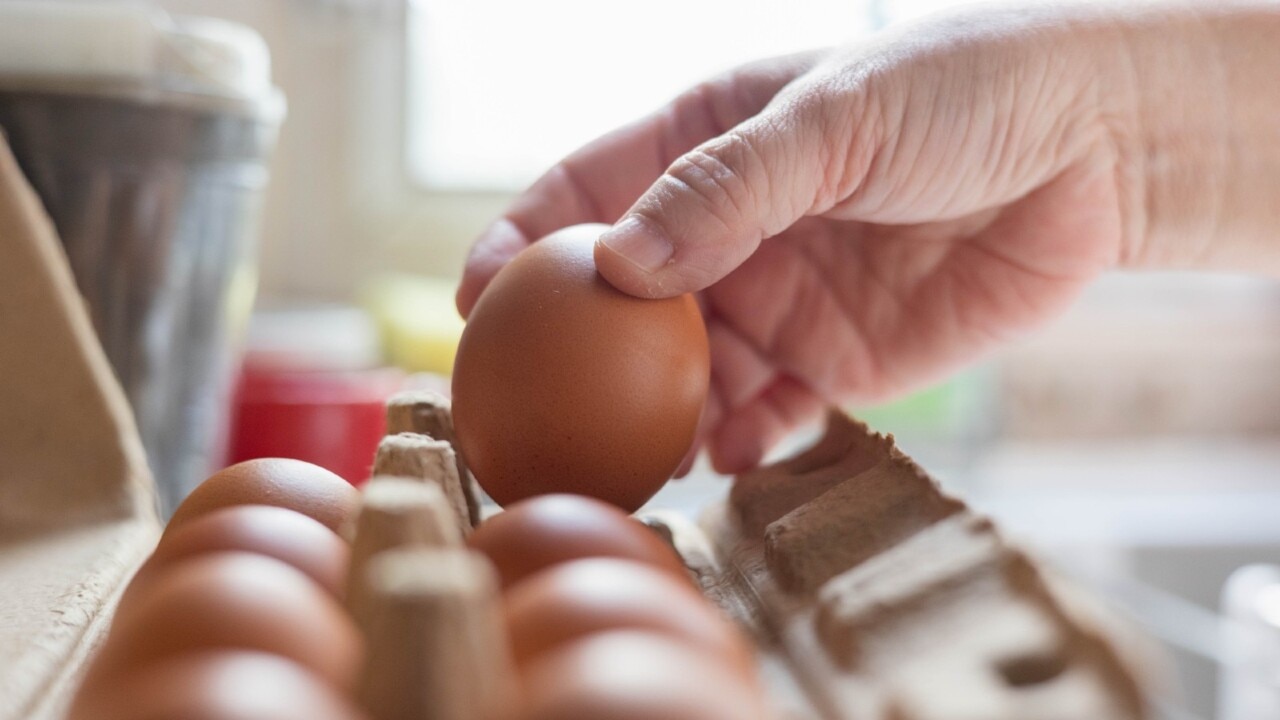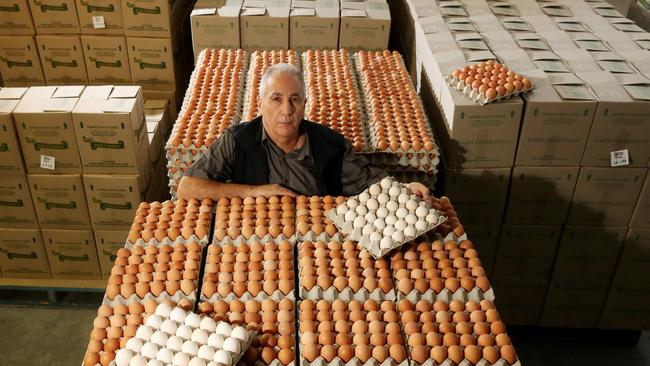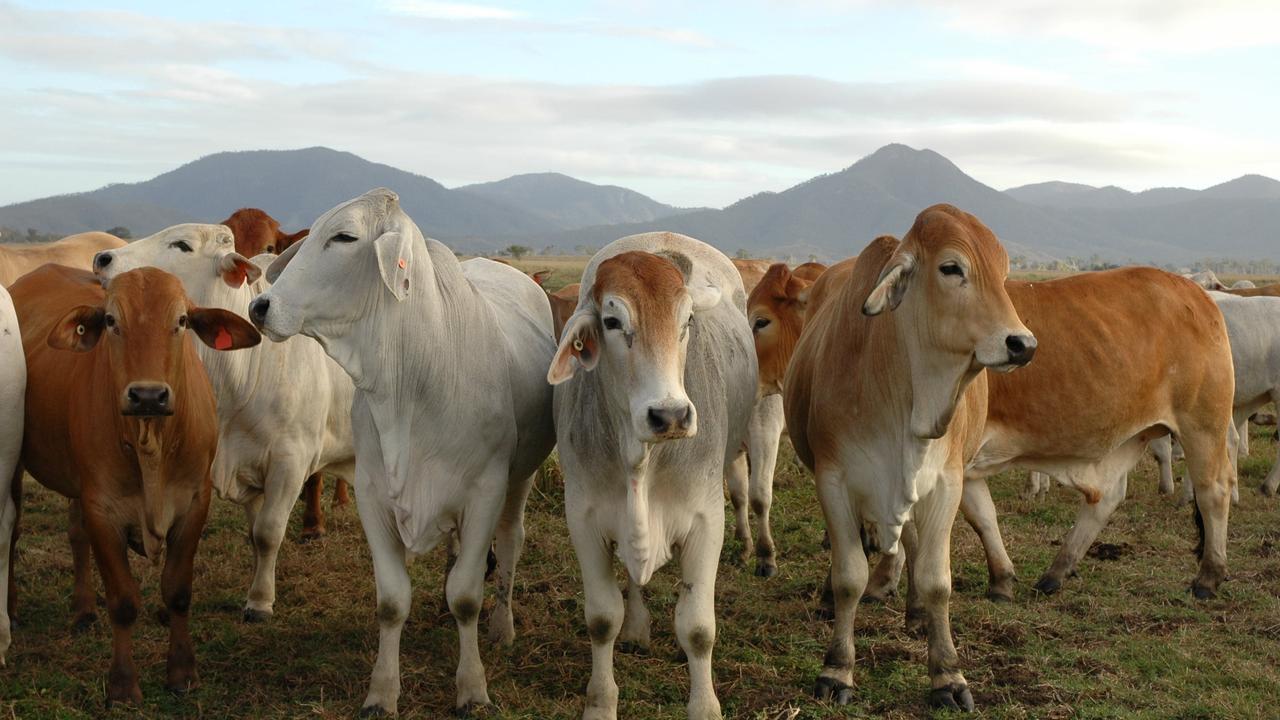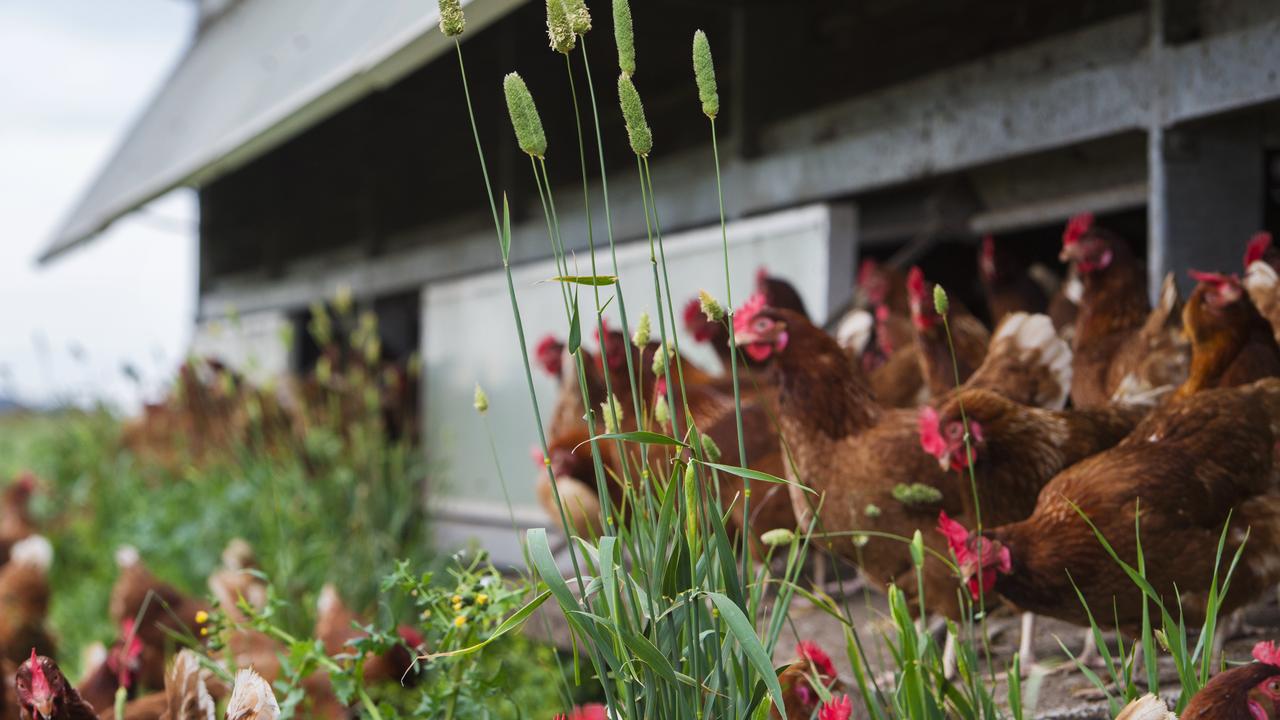Egg producers to seek bailout after conventional cage industry phase-out confirmed
Conventional caged egg producers fear they will not survive the industry’s phase-out without financial compensation to make the transition.

Conventional caged egg producers will seek financial compensation from the Victorian government after it voted to phase-out the industry.
The death knell sounded across the country last Thursday when the nation’s agriculture ministers endorsed new animal welfare standards for poultry that bans the operation of conventional cages in Australia by 2036.
However, the final phase-out deadline in each jurisdiction will remain up to individual states and territories, with separate implementation plans scheduled to be considered at a meeting of agriculture ministers later this year.
Following last week’s decision, Victorian Farmers’ Federation egg group executive board member Brian Ahmed wrote to demand a meeting with state Agriculture Minister Gayle Tierney “to find out what our future holds”.

“This decision has been driven by animal activists and if the government wants us closed, they will need to buy us out,” he said.
“The government is putting an end date on the industry, on generational farms, and this almost writes off any value you have got.
“No small producer has the funds to reinvest and pivot, we will be shut down.”
Mr Ahmed said a compounding issue is that conventional caged egg producers currently in metropolitan areas and green wedges would likely struggle to secure council approval to expand to the land size needed to run profitable free range operations.
Caged-egg producers had been in limbo after the Australian Animal Welfare Standards and Guidelines for Poultry, released last August, recommended a phase-out.

The report recommended that cages be replaced with larger, furnished “colony” cages or free-range operations.
A Victorian government spokeswoman said it would now work with producers to plan how to best implement the phase-out.
“Animal welfare remains a priority and we will work with producers if any implementation issues arise,” she said.
Victorian authorities will also consider tailoring some items in the standards and guidelines as they are worked into regulations.
Mr Ahmed sells 300,000 eggs daily to small retail and hospitality clients, which leads him to believe that a knock-on impact of costlier free range eggs will be a rise in food production costs.
However, the government believes “any impact to egg prices is expected to be marginal and in the cents, not dollars.”

Australia’s leading supermarkets Woolworths and Coles have already promised to end the sale of caged eggs by 2025.
Federal Agriculture Minister Murray Watt said the agreement was a case of government policy catching up to market expectations.
NSW Farmers also called on NSW Agriculture Minister Tara Moriarty to “avoid egg shortages and price hikes” by deferring a phase-out.




